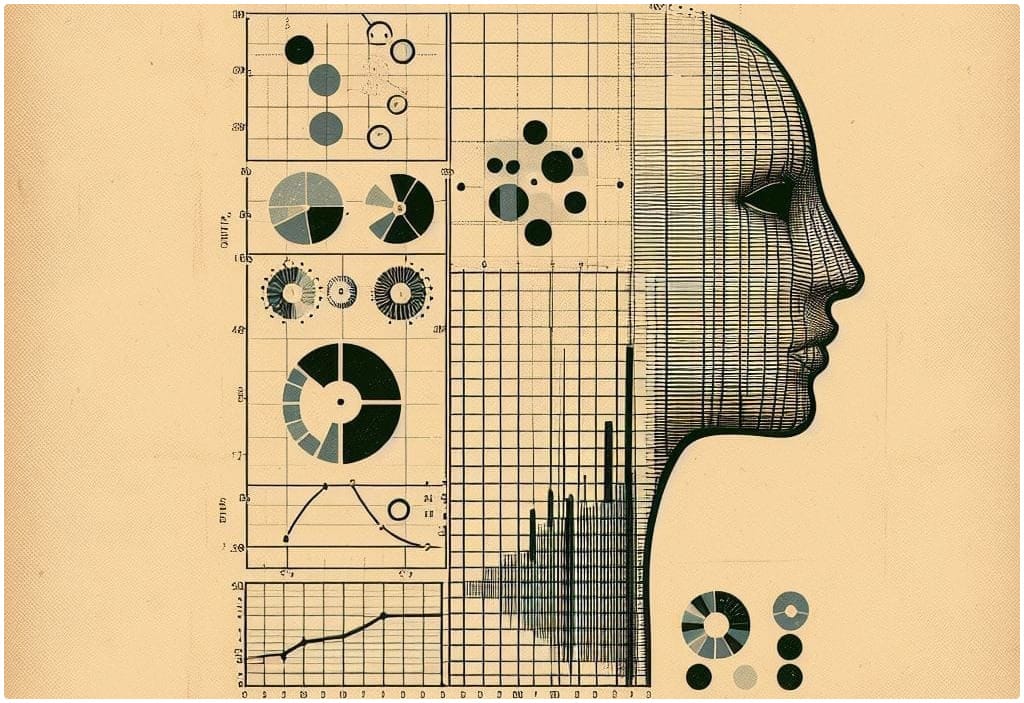Quantified Uncertainty Research Institute
QURI is a nonprofit research organization researching forecasting and epistemics to improve the long-term future of humanity.

Shape Squiggle's Future: Take our Squiggle Survey
Dear Squiggle Community, At QURI, we're focused on tools that advance forecasting and epistemics to improve decision-making. As you know, we care deeply about evaluation, and we're holding a survey on Squiggle to better understand how and why people use our work. Honestly, developing this tooling
A Sketch of AI-Driven Epistemic Lock-In
Epistemic status: speculative fiction It's difficult to imagine how human epistemics and AI will play out. On one hand, AI could provide much better information and general intellect. On the other hand, AI could help people with incorrect beliefs preserve those false beliefs indefinitely. Will advanced AIs attempting
Evaluation Consent Policies
Epistemic Status: Early idea A common challenge in nonprofit/project evaluation is the tension between social norms and honest assessment. We've seen reluctance for effective altruists to publicly rate certain projects because of the fear of upsetting someone. One potential tool to use could be something like an
Recent Updates
Squiggle AI & Sonnet 3.7 We've updated Squiggle AI to use the new Anthropic Sonnet 3.7 model. In our limited experimentation with it so far, it seems like this model is capable of making significantly longer Squiggle models (roughly ~200 lines to ~500 lines), but that
6 (Potential) Misconceptions about AI Intellectuals
Update I recently posted this to the EA Forum, LessWrong, and my Facebook page, each of which has some comments. Epistemic Status A collection of thoughts I've had over the last few years, lightly edited using Claude. I think we're at the point in this discussion
$300 Fermi Model Competition
We're launching a short competition to make Fermi models, in order to encourage more experimentation of AI and Fermi modeling workflows. Squiggle AI is a recommended option, but is not at all required. The ideal submission might be as simple as a particularly clever prompt paired with the
Squiggle 0.10.0
After a six-month development period, we’ve released Squiggle 0.10.0. This version introduces important architectural improvements like more robust support for multi-model projects and two new kinds of compile-time type checks. These improvements will be particularly beneficial as laying a foundation for future updates. This release also includes
AI for Resolving Forecasting Questions: An Early Exploration
Thanks to Slava Matyuhin for comments Summary 1. AIs can be used to resolve forecasting questions on platforms like Manifold and Metaculus. 2. AI question resolution, in theory, can be far more predictable, accessible, and inexpensive to human resolution. 3. Current AI tools (combinations of LLM calls and software) are
Squiggle AI, Published to the EA Forum
Introducing Squiggle AI — EA ForumWe’re releasing Squiggle AI, a tool that generates probabilistic models using the Squiggle language. This can provide early cost-effectiveness models…Effective Altruism Forum LogoOzzie Gooen We have previously written about Squiggle AI here, but waited until it was more tested and we had a better
Wrapping up 2024
We’ve been busy with a variety of things over the November-December season, though few make clean public blog posts or releases. * Software improvements and maintenance * Squiggle: Published Squiggle v0.10 * SquiggleHub: Replaced GraphQL with React Server Components. This means that pages load faster and developer velocity should be higher.
Squiggle Workshop in Washington DC this Thursday
If you happen to be around Washington DC, I'll be doing a free ~1.5hr Squiggle workshop this Thursday evening. It will cover the basics, and I'll of course be around afterwards for extended discussion. Make sure to bring a laptop. See more information and RSVP
Squiggle AI: Better Annotation, Customization
We've been hard at work improving Squiggle AI since our last announcement. Our latest update introduces a style guide, flexible documentation steps, and improved workflows that make it easier to create clear, well-documented models. New Style Guide & Step One major challenge with the original version of Squiggle


